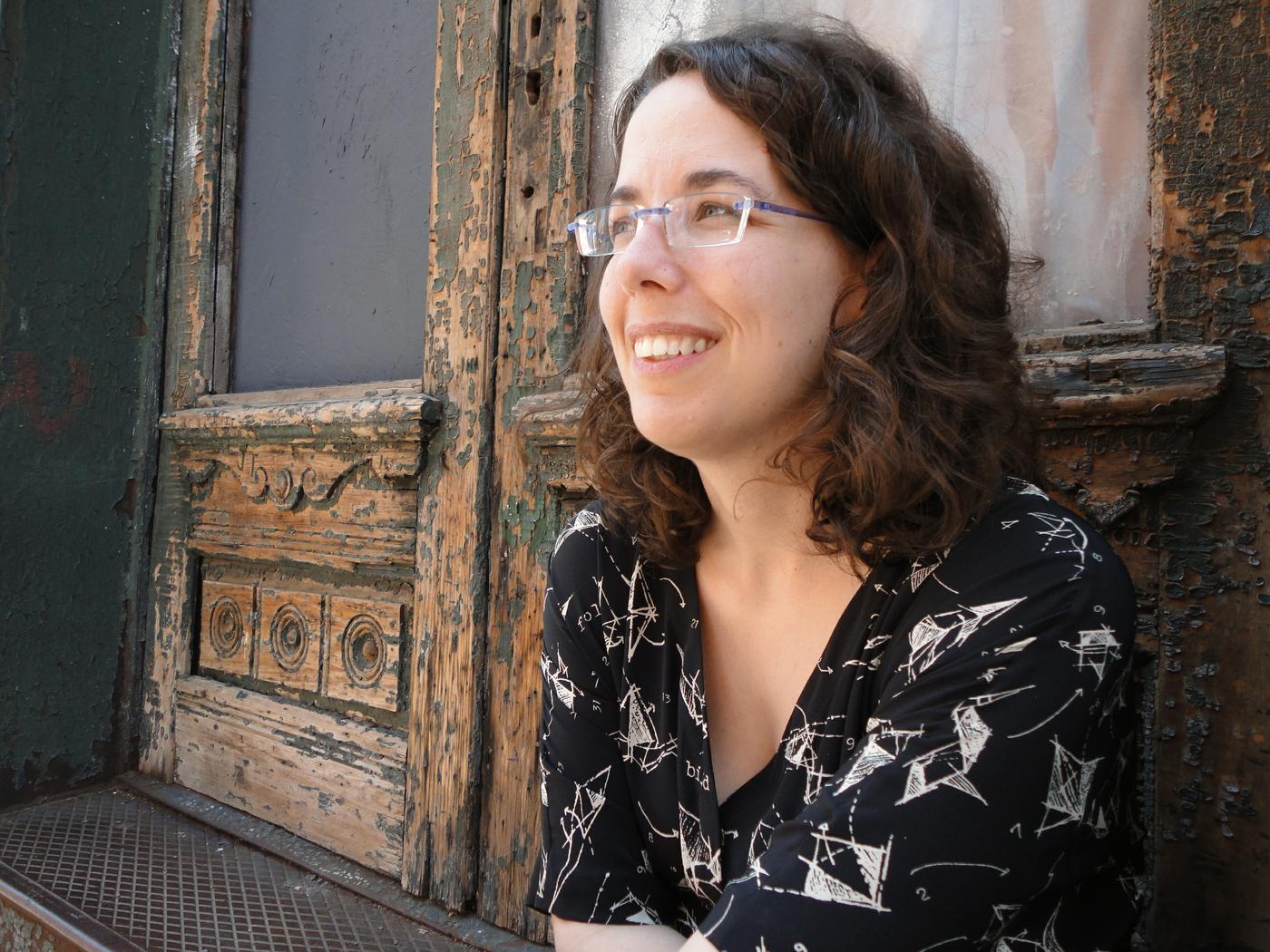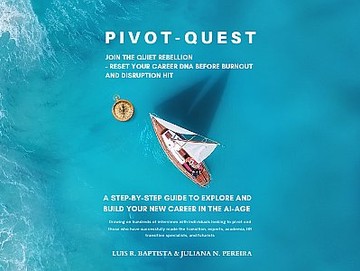We have a very special treat for you, today we're speaking with Jane Friedman, a publishing expert with over 20 years in the industry, including stints at Writer's Digest, Publishers Weekly and the Virginia Quarterly Review, as well as having spoken at 300+ conferences like South By South West, Book Expo America, Digital Book World and the Frankfurt Book Fair. Today, we'll be discussing the evolving relationship between authors and publishers, writing book proposals, attracting a publisher, and her thoughts on the future of our industry.
GV: Jane, let's talk about book proposals, which is what publishers typically use to gauge interest in acquiring a title. What is the best proposal you've ever seen?
JF: One of the best proposals I’ve seen was from an author we eventually published. It was for someone who had already published 30 books, so he was clearly an experienced author.
But why it was so impressive was he wasn’t resting on his laurels, he didn’t expect anything. He was on Oprah too, but didn’t say: ‘I was on Oprah, so take my next book!’
Instead, he made a well laid out business case for why we should take his business case seriously. His name is Bill O’Hanlon, now he might be approaching 40 books.
His proposal was a perfect business plan for what he wanted to do with us specifically, as a publisher.
He was very specific with his numbers about the audience he could reach, and how that would fit into the publishing plan. He didn’t make any assumptions that we would just ‘know’ about his numbers, he explained it.
GV: Publishers love to see the business side of book proposals. How else should an author write proposals that turn publishers' heads?
JF: Keep in mind that this approach is mostly for non-fiction. That could be anything from memoirs to self help to history - all of the nonfiction categories. Essentially, each proposal you write would have a pre-determined set of categories or sections.
One of those is an overview of the project, the content and it’s audience, and why you’re the best author for it.
Then you’ll have another section that talks about the target market, yourself as the author behind it, a section on the market, the competition, and the table of contents.
It’s equally laid out with: what the book is about, why it will succeed and why I’m the perfect person for it. Sometimes I like to say the proposal should address three questions:
1. So what? Which is the book’s content.
2. Who cares? Which is the book’s audience.
3. And who are you? What is your credibility or authority.
They’re all important, they have to come together. There are some authors who have strengths and weaknesses with their pitch or in their approach.
You might not necessarily be strong on all three questions, a lot of people tend to have a weakness in their platform, which is their ability to promote and market the book. They hope the publisher is the one who will bring them the audience.
You can’t have a great concept without having the platform to back it up. On the other hand, you can have an amazing platform, but if your concept is weak or doesn’t stand up to the competition, it’s hard to go anywhere.
GV: What are some good ways for new authors to present themselves in an attractive light to a publisher?
JF: Show that you have real insight or knowledge into the target reader. That can be invaluable to a general trade publisher who does not have the same insight you have in how to speak with that audience.
Whether it’s online or offline, through your career or your connections, that is always attractive because it means you talk the language of the reader, which makes you more effective in your marketing.
An additional strength you can show without having a well advanced platform, is if you know people who can lend you their platform. So you can borrow their star power to launch our project.
This happens all the time. Often, you’ll see literary agents or publishers asking authors with a proposal that they like, but their audience is weak, then can you get someone to write a foreword or blurb it, or lend their name to this project to lift it’s visibility.
If you scan a bookshelf and see ‘Foreword by’ or ‘Co-written by’, then that is an indicator that the publisher wanted additional oomph behind the title
GV: Is it still necessary to have an agent to land a publishing deal?
JF: If you’re planning to approach one of the Big 5 corporate houses such as Penguin Random House, HarperCollins or Macmillan, they’re not going to look at you unless you come through an agent. So in that case, yes.
However, there are opportunities to network with editor at book fairs or conferences, and they might accept your materials directly from you if you have a referral. Most likely, they’ll say 'go find yourself an agent'. They’re not supposed to work outside the confines of that relationship in most cases.
However, if you’re working on something pretty niche that might be pitched to a university press or a regional press outside of NYC, such as Milkweed, Algonquin, Grey Wolf etc, these are places you can go without an agent.
My only warning to authors is if you do that, you have to be willing to handle the contract yourself, and most authors aren’t well versed in contract terminology. You don’t want to accept a boiler plate template without making some changes.
GV: What are some advantages of working with an independent press?
JF: When I talk about independent presses - this is where the terminology gets a little fuzzy - because there is also independent authorship, which is self publishing. Independent presses are typically not New York-owned conglomerate houses.
Once upon a time, if you go back a hundred years, everyone was an independent press. This was a time before the large publishing houses developed.
Sometimes a better term to use is a small press. It feels like there are more of them, and there are also hybrid presses popping up that combine self publishing with traditional publishing.
When you’re evaluating some of these presses outside the mainstream, you need to see what value they add to the process. Look at where their books are being distributed and marketed.
Make sure you ask questions and research the press to see where their books end up selling. Is it physical? Shelf sales? Book stores? Are they going through a full editorial, publicity and marketing process, and what does that process look like?
GV: Have you heard stories of publishers acquiring titles in any alternative - or unusual - ways?
JF: It happens all the time now, especially now with social media! Publishers are looking at YouTube stars, WattPadd breakthrough authors and even Instagram poets.
Look at the New York Times article about Instagram Poets and you’ll find out about some young people getting a poetry deals based on their Instagram following for their poetry.
You can find people who have an outstanding reach, which is a platform.
A few months ago two guys decided to do a fiction podcast, every time they uploaded a new podcast it was a chapter in their book. They built an impressive listener base and that transformed into a book deal.
There are many ways to go about getting a book deal, if you can attract an audience to yourself.
GV: If you're curious to learn more, Jane is the author of Publishing 101: A First-Time Author's Guide to Getting Published, Marketing and Promoting Your Book, and Building a Successful Career, and she created a course called How To Write a Powerful Book Proposal That Sells ($99). She writes the book publishing industry newsletter, The Hot Sheet. Thank you for listening, and have a fantastic day ahead!


